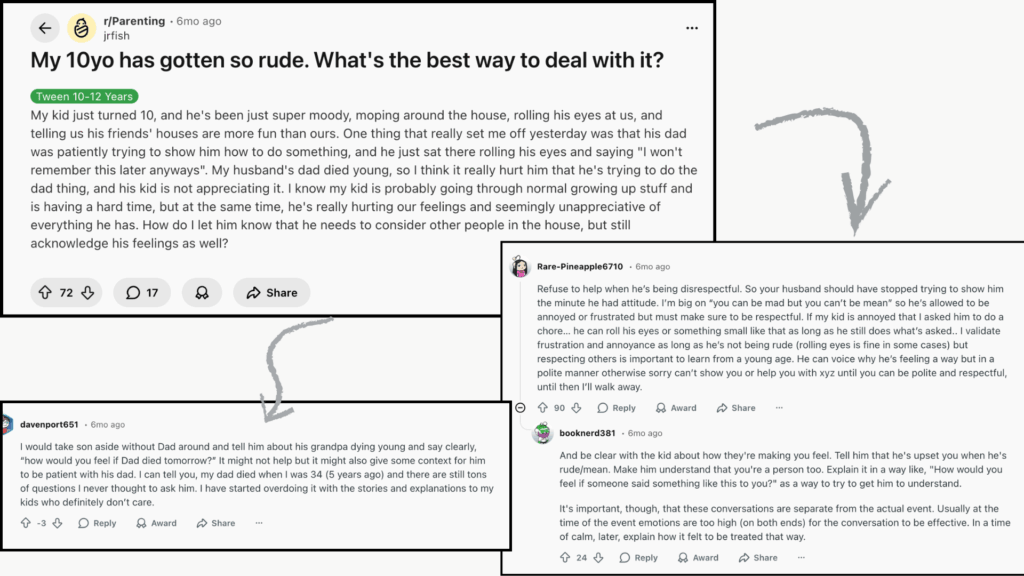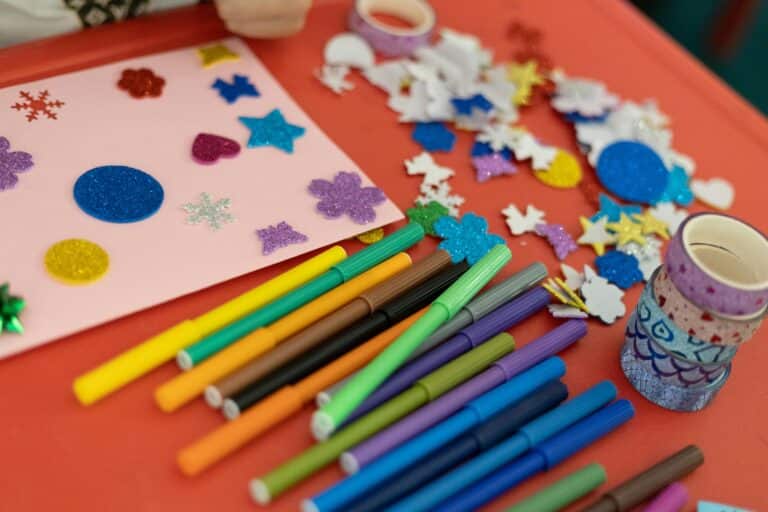Parenting works best when built on mutual respect and communication.
A child might begin to talk back, ignore requests, or challenge every rule; it can leave parents feeling unappreciated and unsure of what went wrong.
Respect is not about control but about understanding and cooperation.
When a child stops showing it, it often signals confusion, emotional frustration, or inconsistency in expectations.
This blog explains how to identify common patterns of disrespect and outlines practical ways to restore harmony, teaching children that respect and empathy work together to build stronger family connections.
The Importance of Respect in a Parent-Child Relationship
Respect is the foundation of trust and stability in every family.
It allows children to feel valued while learning that others deserve consideration too.
Parents set the example through tone, boundaries, and consistency.
When adults speak calmly, listen patiently, and follow through with promises, children understand that respect is not optional but expected.
Mutual respect also creates emotional safety.
Children who feel respected are more likely to share their worries, admit mistakes, and accept guidance.
Understanding Why Children Show Disrespect
Disrespectful behavior often comes from deeper causes rather than simple defiance.
Recognizing them helps parents respond with patience and clarity.
- Emotional Overload: Stress from school, friends, or changes at home can cause frustration and irritability that show up as disrespect.
- Testing Independence: Children naturally challenge rules as they grow, trying to understand control and autonomy.
- Inconsistent Boundaries: When rules or consequences aren’t steady, kids may push limits to see what they can get away with.
- Learned Behavior: Children often imitate tones or actions they see from adults, peers, or media without realizing it’s disrespectful.
- Attention Seeking: Feeling overlooked or criticized can lead kids to act out just to gain attention or reaction.
- Poor Emotional Control: Many children struggle to manage anger or embarrassment, expressing it through rudeness or defiance.
8 Common Signs Your Child Doesn’t Respect You

Recognizing early warning signs helps stop small issues from turning into bigger conflicts.
Each behavior below can show that your child is struggling with boundaries or needs help managing emotions.
1. Talking Back or Arguing Constantly
A child who constantly argues or questions instructions may be showing defiance and emotional resistance.
Instead of engaging in calm discussion, they respond with sarcasm, interruptions, or raised voices.
This pattern often appears when children want control or attention, signaling a breakdown in mutual understanding and respect within daily communication.
2. Ignoring Instructions or Rules
Repeatedly ignoring directions or pretending not to hear requests indicates disregard for authority.
It can appear as selective listening, delayed reactions, or direct refusal to follow through.
Over time, this behavior suggests the child no longer values household expectations or sees consequences as meaningful, often creating tension between the parent and child.
3. Interrupting Conversations
Interrupting parents or speaking over others shows impatience and a lack of respect for communication boundaries.
Children might dominate conversations, walk away mid-discussion, or ignore when someone else is talking.
These actions highlight self-centered behavior, suggesting they prioritize their own words and needs over listening or waiting for their turn to speak.
4. Mocking or Rolling Eyes
Nonverbal gestures such as sighing, rolling eyes, or mimicking speech can be subtle but powerful signs of disrespect.
These reactions communicate irritation or dismissal without words, showing that the child may no longer value the parent’s opinions.
Such expressions often appear during corrections or disagreements, signaling emotional distance or frustration.
5. Blaming Others for Mistakes
Children who frequently shift responsibility to others instead of admitting their mistakes show an unwillingness to accept accountability.
They may insist that siblings or parents caused their errors or exaggerate circumstances to avoid blame.
This pattern of denial reflects a lack of self-awareness and an attitude that undermines respect for fairness and honesty.
6. Disobeying Boundaries or Privacy
When children ignore personal boundaries, such as entering rooms uninvited or taking belongings without asking, it shows disregard for respect and personal space.
These behaviors suggest they do not recognize others’ rights to privacy.
It can also signal a deeper belief that household rules do not apply equally to them, revealing entitlement or carelessness.
7. Refusing to Help or Contribute
A child who avoids shared responsibilities, like chores or small household tasks, demonstrates disconnection from family cooperation.
Their refusal to help may appear as constant excuses, procrastination, or complete avoidance.
This lack of willingness to contribute shows indifference to group effort and may indicate that they undervalue teamwork and consideration for others.
8. Being Disrespectful in Public
When a child openly argues, mocks, or challenges parents in front of others, it reflects a lack of social awareness and respect.
Public defiance, sarcastic remarks, or dismissive behavior suggest that they no longer feel the need to maintain courtesy or restraint.
These moments often leave parents embarrassed and highlight a deeper breakdown in mutual regard.
How to Respond to Your Child’s Disrespectful Behaviour?

Respect takes time and effort to build.
Staying calm, setting clear limits, and showing care can help children understand responsibility and kindness.
These steps make it easier to guide them back toward better behavior.
1. Stay calm and set the tone: Reacting calmly keeps things from getting worse. Avoid raising your voice. Children copy what they see, so showing patience helps them learn self-control and respect.
2. Define and reinforce clear boundaries: Set clear rules and follow them every time. Consistency helps children know what’s expected and teaches them that actions have consequences.
3. Encourage open communication: Let your child talk about what’s bothering them. Listen closely without interrupting. Feeling heard helps them calm down and respond with more respect.
4. Praise respectful actions: Notice when your child listens, speaks kindly, or helps out. Simple praise shows that respectful behavior matters and encourages them to keep it up.
5. Lead by example: Show the same respect you want to see. Speak gently, manage frustration, and treat others kindly. Children learn most from what they see every day.
6. Rebuild the connection: Spend time together doing things you both enjoy. Small moments like talking or playing remind your child that love and guidance go hand in hand.
Want to hear how other parents handled similar situations?
Check out this Reddit discussion where moms and dads share real experiences and advice.
Conclusion
Respect between parent and child doesn’t happen instantly; it develops through consistent action, trust, and communication.
When signs of disrespect appear, addressing them calmly and early prevents resentment.
Children who grow up in respectful homes learn to show the same courtesy in school, friendships, and later life.
By setting clear expectations, modeling patience, and staying emotionally connected, parents can turn difficult moments into lessons about empathy and accountability.
Have you noticed any of these behaviors at home?
Share your thoughts or parenting experiences in the comments below to help others facing the same challenges.
Frequently Asked Questions
At What Age Do Children Usually Start Showing Signs of Disrespect?
It can start in early childhood as kids test limits, but it’s most common in preteens and teens learning independence. At this stage, guidance and steady communication help them understand boundaries.
Can Too Much Discipline Cause Disrespectful Behavior?
Yes. Harsh or rigid discipline can make children feel unheard, leading to rebellion instead of cooperation. Balanced discipline with empathy encourages understanding and long-term respect.
How Can Parents Repair Respect After a Long Period of Conflict?
Start with calm communication, consistency, and small positive actions. Patience and empathy rebuild trust over time. Reconnecting through shared activities can also strengthen emotional bonds.
















